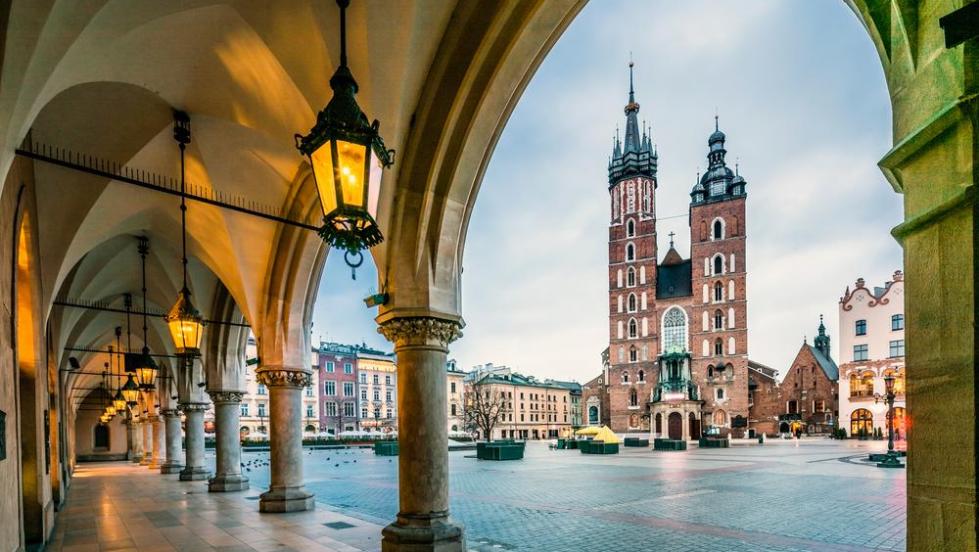About Poland
Poland is an eastern European country on the Baltic Sea known for its medieval architecture and Jewish heritage. Warsaw, the capital, has shopping and nightlife, plus the Warsaw Uprising Museum, honoring the city’s WWII-era resistance to German occupation. In the city of Kraków, 14th-century Wawel Castle rises above the medieval old town, home to Cloth Hall, a Renaissance trading post in Rynek Glówny (market square). The establishment of a Polish state can be traced back to 966, when Mieszko I, ruler of a territory roughly coextensive with that of present-day Poland, converted to Christianity. The Kingdom of Poland was founded in 1025, and in 1569 it cemented a longstanding political association with the Grand Duchy of Lithuania by signing the Union of Lublin. The climate is mostly temperate throughout the country. The climate is oceanic in the north and west and becomes gradually warmer and continental towards the south and east. Summers are generally warm, with average temperatures between 18 and 30 °C (64.4 and 86.0 °F) depending on a region. Winters are rather cold, with average temperatures around 3 °C (37.4 °F) in the northwest and −6 °C (21 °F) in the northeast. The most popular cities to visit are Kraków, Wrocław, Gdańsk, Warsaw, Poznań, Lublin, Toruń and the historic site of Auschwitz - German nazi concentration camp in Oświęcim. The best recreational destinations include Poland's Masurian Lake District, Baltic Sea coast, Tatra Mountains (the highest mountain range of Carpathians), Sudetes and Białowieża Forest.
